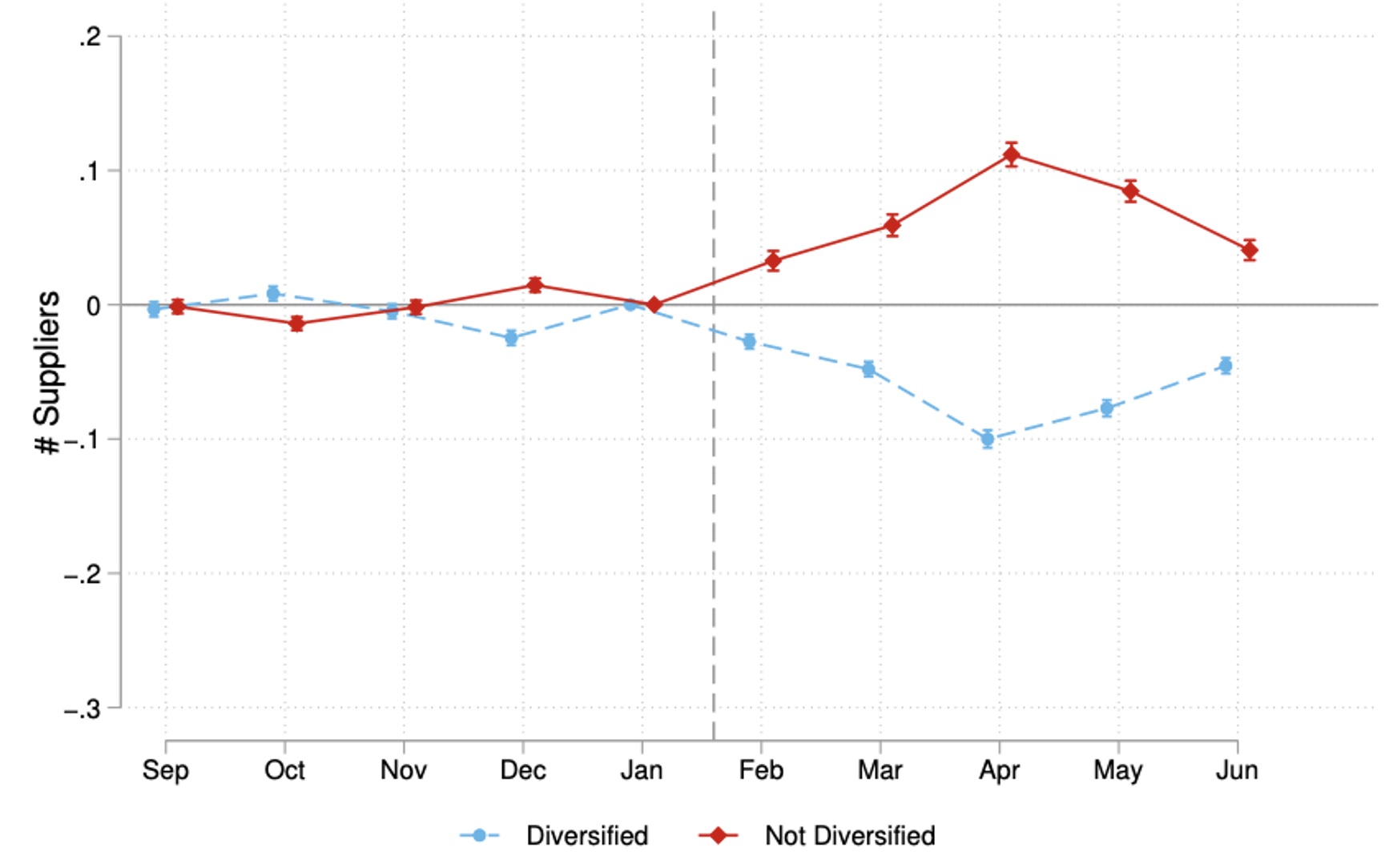It is remarkable that Vladimir Putin, the Russian despot, calls the West (that is, Western values and individuals living in rich and more or less free countries) “decadent,” while his intentional attacks on civilians in Ukraine are reminiscent of the barbarians of former ages of mankind. Is it necessary to mention that barbarians have not been only the Germanic tribes that invaded Europe in the first millennium of our era? And that barbarians also appeared in the not-so-distant past.
Bertrand de Jouvenel, the French political scientist author of the quasi-libertarian book On Power, noted how the bombing of civilian populations in WWII was a return to barbarism. Two excerpts:
In this war everyone—workmen, peasants, and women alike—is in the fight, and in consequence everything, the factory, the harvest, even the dwelling-house, has turned target. As a result the enemy to be fought has been all flesh that is and all soil, and the bombing plane has striven to consummate the utter destruction of them all.
[Original French:] Puisque tout, et l’ouvrier, et le moissonneur, et la femme, concourt à la lutte, tout, l’usine, la récolte, la maison est devenue cible, l’adversaire a traité en ennemi tout ce qui est chair et terre, a poursuivi au moyen de l’aviation un total anéantissement.We are ending where the savages began. We have found again the lost arts of starving non-combatants, burning hovels, and leading away the vanquished into slavery. Barbarian invasions would be superfluous: we are our own Huns.
[Original French:] Nous finissons par où les sauvages commencent, nous redécouvrons l’art perdu d’affamer les non-combattants, de brûler les huttes et d’amener les vaincus en esclavage. Qu’avons-nous besoin d’invasions barbares ? Nous sommes nos propres Huns.
The book preceded Hiroshima and Nagasaki by five months. Jouvenel hadn’t seen anything yet. I have long thought that On Power was a persuasive indictment of the modern state which, under the excuse of democracy, has accumulated powers that no absolute monarch could dream of (see my Econlib review of On Power). This is not false and is illustrated by barbarians such as Putin. But it must be qualified by the realization that technology has changed the production function of war and that the clear distinction that Jouvenel saw between combatants and civilians has been blurred. The war in Ukraine provided another demonstration of that.
More precisely, two factors must be considered. First, the expansion of “infrastructure,” from water works, to electrical grids and telecommunications networks, combined with the technology of weapons (missiles and drones) capable of hitting these widely used services from far away, has dramatically reduced the cost of taking civilians hostage. Apartment buildings are also easy targets. In a disturbing sense, civilians have become much more valuable targets, especially for an immoral and barbarian attacker.
There is a second sense in which civilians have become combatants willy-nilly. As we saw in Ukraine, any citizen (or resident) of an invaded territory who is “armed” with a cellphone represents a very effective resistant and an imminent threat. Invading soldier have taken notice. It’s a simple, but of course very risky, task to inform one’s government of the positions of invading forces. It’s also risky for those who don’t do it and merely hold a cellphone in their hands. The invaders become terrorists, and even more easily if they already have barbarian tastes.
We may like to imagine the state as a simple protection agency on the Pinkerton model, and claim that it would be immoral for a thief, besides trying to neutralize the security agents, to shoot a customer of theirs. The reality however seems to be that, in an invaded country, everybody is deemed the signatory of a “social contract.” It is as if, on the model of Sparta, any citizen has become an enlisted soldier. Everybody is automatically conscripted. Can any future war be anything else than total?
(0 COMMENTS)
Source link















